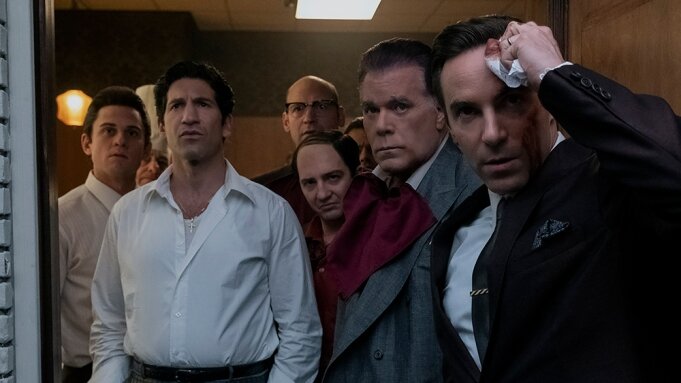'Gift of Fire' makes terrifying observations
A remarkable question is asked, "Were the Americans monstrous in WWII, or was the Japanese equally abhorrent?" In a race to develop the nuclear bomb, Harry Truman struck first. The victors write the history books. Truman's decision to murder innocent men, women, and children could have fallen on the other side of the coin, yet the Japanese were outraced by J. Robert Oppenheimer's design. And for what? Was the equivalent of Pearl Harbor necessary for such mass carnage? If this film's facts are true, a whole can of worms regarding political stance is opened because every political decision is equally leveled with a degree of compassion or lack thereof.
If Gift of Fire has anything to say about empathy, it's that the Japanese certainly seemed to have it more than Oppenheimer did. There aren't mere disagreements among professionals, the guilt that weighs on our protagonists to the point of attempted suicide. An appropriate decision considering you'd be known as humanity's largest mass murderer. Based on a team of actual scientists who remain nameless in the film, probably for good reasons, things aren't all roses and peaches in the office. Such an emotionally monumental task weighs heavy on the team, two of which are siblings played by Shohei Miura and Masaki Miura. One man decides to leave the project to join the army only to be sentenced back by the team leader, a wise old man known only as "the professor" played by Jun Kunimura.
The fascination in science over casualties is examined in English from the voice of the always slightly off, Peter Stormare. Stormare's Swedish accent makes for a strange, almost Einsteinian approach to the wonders of science, brushing off the pain it can inflict. There's an ethical duality in science director Hiroshi Kurosaki tries to understand. A scientist is like a curious child. Kids have a thirst for knowledge. When they discover how to build something, whether it be Legos or a fake volcano, the self-affirmation in success is euphoric. Equally, boys love to break things. Men are grown boys after all. We love violence; it's in our blood. If it weren't, superheroes wouldn't be popular. Most of us are born with a level of compassion. Deciding to build the most powerful bomb known to man will permanently damage your psyche as a person. Those who can be detached make for an entirely rare type of film if done correctly.
At times the melodramatics can weigh a tad heavy with the guilt everyone expresses. After the first physical altercation and failed suicide attempt, I think I got the point that these guys weren't terrible people, and they reacted the way any decent man would. Left with nothing but carnage behind when Hiroshima is turned to ash, our characters feel a pang of new guilt, too late to save their people from certain death.
Hiroshi Kurosaki finds the balance between the heart and the mind with Gift of Fire that should burn a part of your soul. It's tragic how men come to such decisions. Awaking a sleeping giant is never wise. In trying to avoid his large hands or feet from crushing you, you wind up hurting those you're trying to protect. There's no political stance, merely the curse of consequences attached to Kurosaki's story that hopefully will never be repeated.
Let me know if you agree with my rating.



